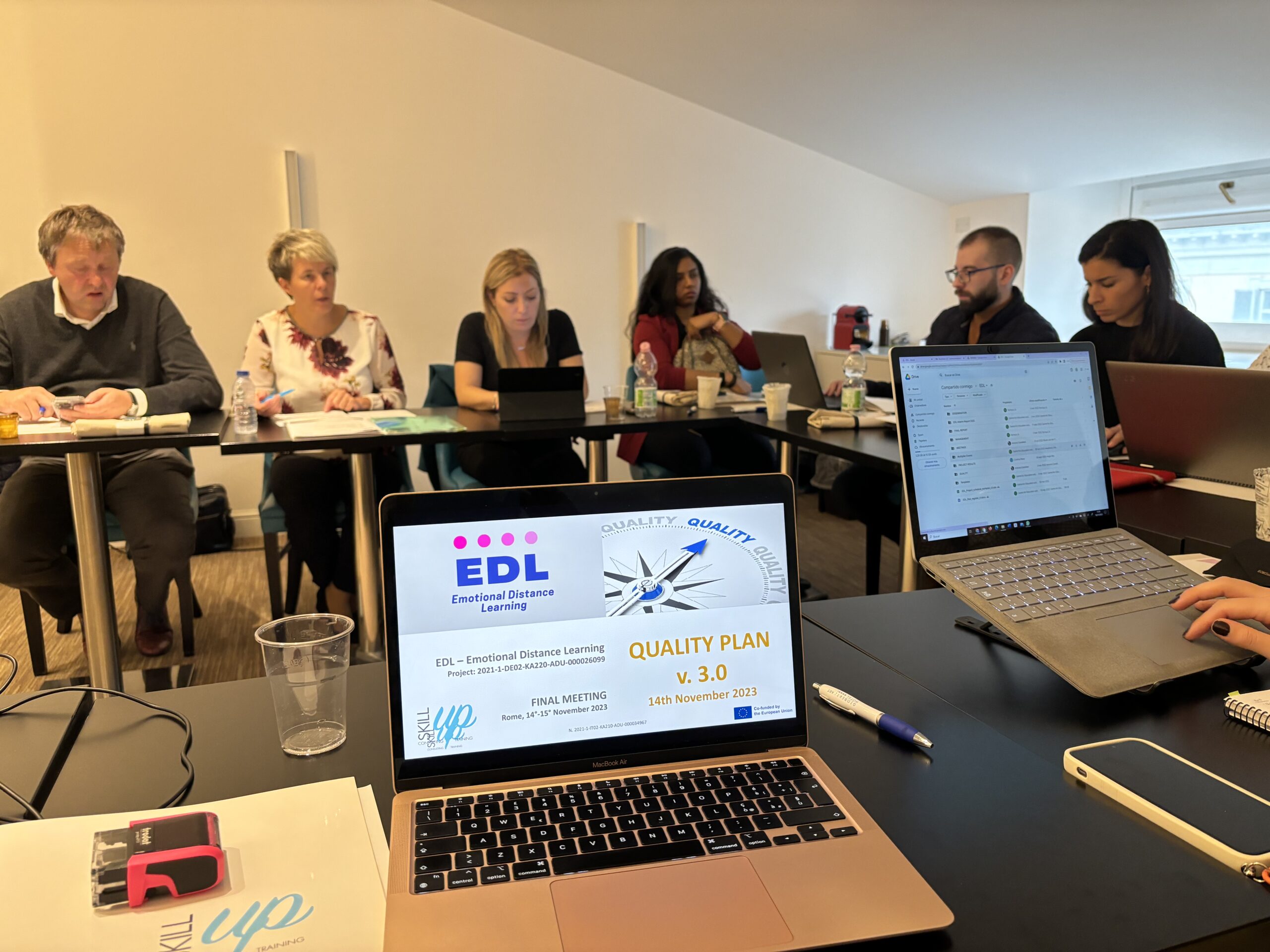By Antonia Castellani, Skill Up
We have always called them soft skills. After all, they are more adaptable, more transversal than hard skills, which are technical competences, very specific by nature. They are also called soft because they are largely developed through the personal skills of communication, empathy, emotional intelligence.
Hard skills are therefore those needed to do a particular type of work and they are different depending on the job, while soft skills are the same for all work areas.
The term soft skills originated in the late 1960s, in the US military: it had been verified that, with equal training, leadership methods had a strong influence on group success.
Since then, soft skills have gained increasing importance, until Google’s research on the productivity of their teams (Project Aristotle, conducted between 2012 and 2015) revealed that their most effective teams weren’t the ones comprising the top scientists. In fact, there was a general surprise when it was known that Google’s best performing teams consisted of individuals who showcased strong soft skills.
In 2018, a team from the MIT Sloan (MIT Management Sloan School) led by Namrata Kala, in partnership with the University of Michigan and Boston College, undertook a research aimed to answer two fundamental questions:
-Can soft skills be taught to adults who lack them?
-And if they can be taught, do they actually matter in the workplace?
The MIT Sloan team conducted a training experiment in five large manufacturing factories in India, where groups of workers were placed in a 12-month soft skills training programme, focusing on communication, problem solving, decision making, time and stress management, financial literacy, legal literacy, social rights, and excellence in execution.
Being manufacturing factories, where the activity is repetitive and standardised, there were strong doubts that communication and empathy skills had any real relevance in that line of work.
On the contrary, research has shown that this training programme has produced remarkable results; it is precisely the fact of working long hours in the production line that makes the ability to communicate effectively, necessary in order to meet delivery deadlines.
Eight months after the end of the trial, it was calculated that the return in terms of increased productivity compared to the cost of training was very high, with a 250% ROI (Return On Investment).
In addition, the study verified that the increased productivity was also passed on indirectly to those who had not attended the course, but who worked closely with people who had attended it, creating the so-called “spillover productivity” effect.
Even more recently, a study by Linkedin shows that in 2023 the top 10 most-in-demand skills are soft skills: this is an extraordinary fact, which has never occurred before.
For these reasons, the New York Institute of Finance has started calling them Power Skills and not Soft Skills, insisting on the importance of changing the name of such skills:
“Power skills, such as adaptability, creativity, decision-making and time management, are human qualities and traits that machines simply can’t duplicate. Also, note that these qualities will help set you apart from others, helping you advance your career. It is worth noting that people often use the terms ‘power skills’ and ‘soft skills’ interchangeably. Many people argue that the term ‘soft’ skills is a misnomer. This is mainly because the word ‘soft’ has inappropriate connotations as it indicates skills that are simply complacent, agreeable, or delicate.
Many experts in the job market have recommended that this term must be changed to power skills. This is because it reflects their potential and real value and meaning in the modern workplace. It is no secret that power skills are essential skills. You should know that these skills are usually hard to win, and you have to maintain them with rigor. And given just how important these skills are to creativity and innovation, it is sensible to call them ‘power skills’.”
We believe, too, that power skills is a more appropriate definition, since “soft skills” are often seen as an add-on, as a secondary complement to (hard) technical skills, whereas all recent studies show that it is precisely on power skills that people’s employability and the success of work teams depend most.
We welcome power skills, representing a new approach to career development.



0 Comments